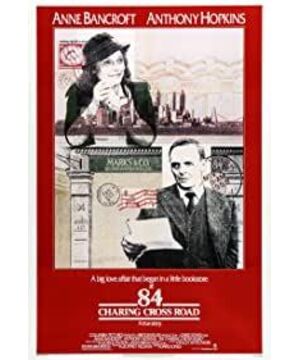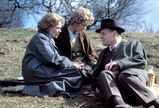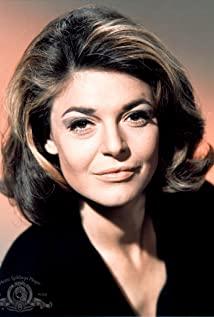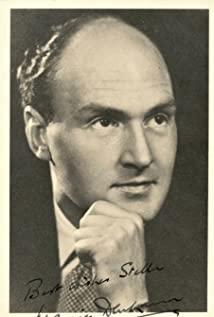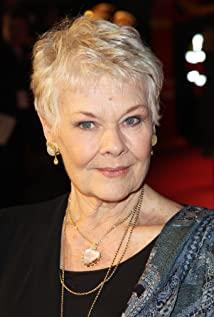This is an extremely rare case where an adaptation of a film can outperform the original.
In the beginning, it was a list of books sent by a poor female writer to find second-hand books in English, and the owner of the bookstore found a reply from a similar book. After that, she sent the shortage of aid, and he sent thank you letters. It's all trivial at the same speed, and he's in London, with two daughters and an Irish wife, taking the bus to vote or run a bookstore. In New York, she makes a living by reading and writing, finding the right apartment, getting her teeth trimmed, and dabbling in the details of her own life.
After several years of correspondence, he saw a well-dressed and polite middle-aged woman in the bookstore. When he was in a trance, he thought it was her who was standing there and flipping through the book. He shook his head, no, that couldn't be her. Of course she's in New York.
Alone in her apartment, she read aloud from John Dunn: All mankind is a book, and when one dies, it is not someone torn from the page, but translated into a better language , every chapter must be so translated, God employs several translators, some articles are translated by age, some by disease, some by war, some by justice, but the hand of God will glue our broken pages together again, Put into that library, where each book will be opened to each other.
He was the one who closed the page and remembered.
When does this extra expectation become part of your life? At least the awakening of his consciousness pushed her out of a possible London trip. He was stunned for a while~~~~ The disappointment was the fact that confirmed the hope.
But what is it that is born with a tacit understanding and is always parallel? Even if the cinematographic shots were later switched closer and closer, even close enough to create a dialogue between the two. But of course they won't see each other again. Because~~~ he died. before she came. The power of death is the most powerful. Kong Wu is sure that there is no discussion. It has been a few months after the letter has passed. She put down the letter, walked slowly to the window, lit a cigarette, the music played, and the narration ended: If you pass through Charing Cross Street No. 84~~~~~~ Give me a kiss, I owe it a lot.
The whole film is full of soothing and restrained beauty, and the advance and retreat are cautious and gentle, like the old bookstore under the oblique light, no book is perfect, or there are missing pages or scratches, or the title page has a signature date, or the corner of the book is worn, It's like life, but there is always something that will be remembered. Often, it is not rich in color, but warm and thick as mentioned above.
As I've gotten older, I've grown more and more fond of these kinds of texts that only make statements, not necessarily opinions. It doesn't matter if it is east of friendship or west of love. Many things lose their beauty because of the abruptness. In fact, it overemphasizes the left and right, and treats a period of life as a right and wrong problem to solve. So I think tacit understanding is like this. It doesn't matter if you talk too much, it doesn't matter if you see it or not. The tacit understanding is always close to encounters, and the style is like people's private words. It's not that you investigate me, it's not that you advance and I retreat, or the dance of each other's maneuvers, or the occasional look at each other in parallel life. The elegant connotation of this film is the beauty of this inexhaustible feeling, and there is no need for too many plots to come to the face to make trouble.
View more about 84 Charing Cross Road reviews


